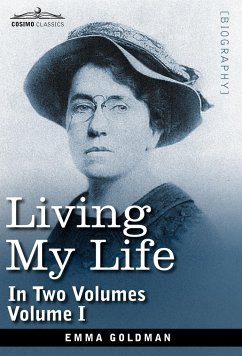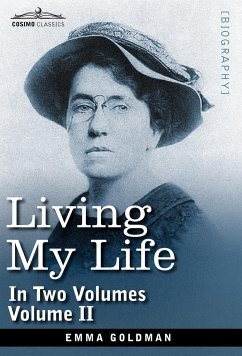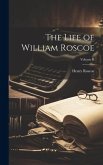Charles Darwin called him "the greatest traveling scientist who ever lived." Thomas Jefferson considered him "the most important scientist whom I have met." He was German naturalist and explorer Alexander von Humboldt (1769-1859), and when he died, the entire Western world mourned the loss of one of the most notable scientists and popularizers of science of his day. His five-volume masterwork, Kosmos, sought to unify humanity's understanding of the natural world in the mid 19th century, and brought a modern understanding of science to lay audiences for the first time. This was the first comprehensive biography of the man and his work, written to celebrate the centenary of his birth by German authors ALFRED DOVE (1844-1916), JULIUS LÖWENBERG (1800-1893), and ROBERT AVÉ-LALLEMANT (1812-1884)-the latter himself an explorer-and first published in English 1873. Though its subject was a private man about whom some things shall never be known-he burned much of his personal correspondence-these two volumes draw on firsthand memories, von Humboldt's writings, and other primary sources to create a dazzlingly engrossing portrait of the man who built the foundations of modern science. Volume II covers von Humboldt's life in Paris in the early 19th century and the stimulating intellectual society that moved in there, as well as his sojourn in Berlin during the political upheavals of the 1820s and 1830s and his relationship with King Frederick William IV in the 1840s. It also details the writing and publication of Kosmos.
Hinweis: Dieser Artikel kann nur an eine deutsche Lieferadresse ausgeliefert werden.
Hinweis: Dieser Artikel kann nur an eine deutsche Lieferadresse ausgeliefert werden.








